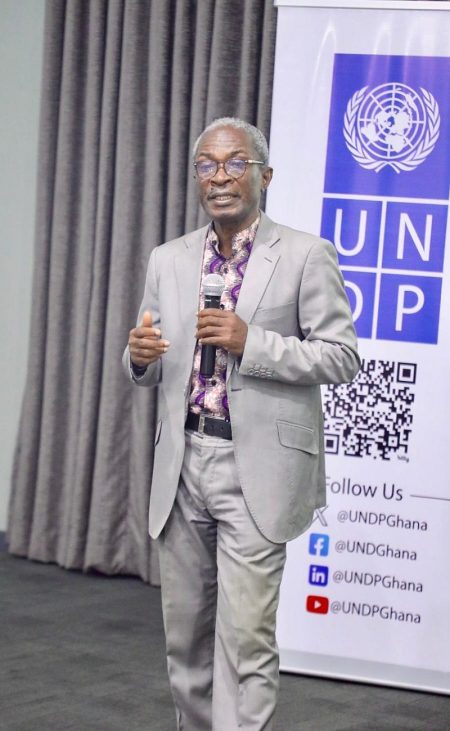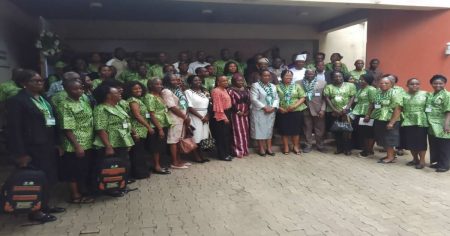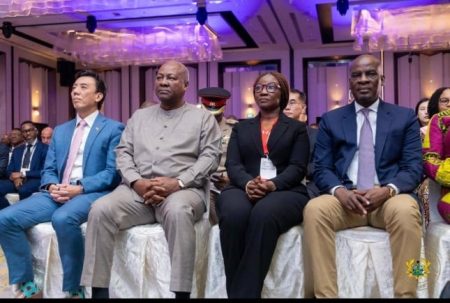The tragic helicopter crash on August 6, which resulted in the loss of eight lives including two government ministers, has ignited a fierce debate concerning the Ghana Armed Forces’ procurement practices. Larry Dogbe, Managing News Editor of the Herald newspaper, has emerged as a vocal critic, accusing the Akufo-Addo administration of reckless spending on military equipment, diverting crucial funds from essential needs like helicopters and aircraft. This misplaced prioritization, he argues, has left the military inadequately equipped to handle critical operations while millions of dollars are wasted on unnecessary purchases.
Dogbe specifically pointed to the procurement of Soviet-era armored cars from Azerbaijan as a prime example of wasteful expenditure. He claims that approximately 20 of these vehicles, acquired at a cost exceeding $10 million, are currently sitting idle at Burma Camp. This substantial sum, he contends, could have been invested in modern helicopters and aircraft that would have significantly enhanced the military’s operational capabilities and potentially prevented tragedies like the recent helicopter crash. Instead, the government opted for what he perceives as unnecessary military hardware, neglecting more critical requirements.
Further fueling Dogbe’s criticism is the alleged focus on acquiring military uniforms and luxury vehicles for high-ranking officers, while essential aircraft remain a low priority. This pattern of expenditure, he argues, reveals a skewed understanding of the military’s true needs and a disregard for the safety and effectiveness of its personnel. He emphasizes that the funds squandered on these non-essential items could have been channeled towards acquiring superior helicopters and aircraft, ultimately bolstering the military’s overall preparedness and effectiveness.
The Ministry of Defence, in response to the mounting criticism and the tragic helicopter crash, has announced the formation of an investigative board. This board has been tasked with probing the circumstances surrounding the August 6 incident and is expected to submit its report within 30 days. While this investigation is a crucial step towards understanding the immediate causes of the crash, it remains to be seen whether it will address the broader concerns raised by Dogbe regarding procurement practices and resource allocation within the Ghana Armed Forces.
The debate ignited by Dogbe’s accusations highlights a deeper concern regarding transparency and accountability in military spending. The question remains: are the allocated resources being utilized effectively to equip the Ghana Armed Forces with the necessary tools to perform their duties safely and efficiently? The alleged prioritization of non-essential items like armored cars, uniforms, and luxury vehicles over crucial equipment like modern helicopters and aircraft raises serious concerns about the decision-making process within the Ministry of Defence and the potential implications for national security.
The outcome of the investigation into the helicopter crash and the government’s response to the broader concerns regarding military procurement practices will be closely watched by the public. This incident has brought the issue of resource allocation within the Ghana Armed Forces into sharp focus, and the demand for greater transparency and accountability in military spending is likely to persist. The hope is that this tragedy will serve as a catalyst for meaningful reforms and ensure that future investments prioritize the essential needs of the military, ultimately enhancing their ability to protect and serve the nation.














